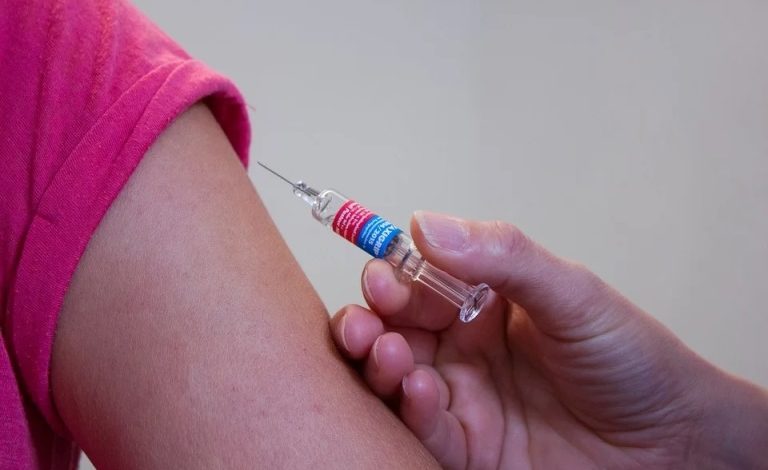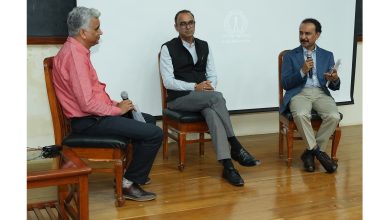AstraZeneca with Russia’s Sputnik V to start clinical trials on COVID-19 vaccine

Trials will start by the end of the year
AstraZeneca is to start clinical trials to test a combination of its experimental COVID-19 vaccine with Russia’s Sputnik V shot to see if this can boost the efficacy of the British drugmaker’s vaccine, Russia’s sovereign wealth fund said.
Trials will start by the end of the year and Russia wants to produce the new vaccine jointly if it is proven to be effective, said the RDIF wealth fund, which has funded Sputnik V.
AstraZeneca said it was considering how it could assess combinations of different vaccines, and would soon begin exploring with Russia’s Gamaleya Institute, which developed Sputnik V, whether two vaccines based on a common-cold virus could be successfully combined.
It did not give further details. However, its Russian arm said it would start to enrol adults aged 18 and older for the trial.
The cooperation between one of Britain’s most valuable listed companies and the state-backed Russian research institute highlights the pressure to develop an effective shot to fight the pandemic, which has killed over 1.5 million people.
The move is likely to be seen in Moscow as a long-awaited vote of confidence by a Western manufacturer in Sputnik V, which the Russian defence ministry alleged on Friday was the target of a foreign-backed smear campaign.
Sputnik’s Russian developers say clinical trials, still under way, have shown it has an efficacy rate of over 90 per cent, higher than that of AstraZeneca’s vaccine and similar to those of US rivals Pfizer and Moderna.
Some Western scientists have raised concerns about the speed at which Russia has worked, giving the regulatory go-ahead for its vaccines and launching large-scale vaccinations before full trials to test Sputnik V’s safety and efficacy have completed. Russia says the criticism is unfounded.
AstraZeneca, once seen as a frontrunner in the vaccine race, is preparing further tests to confirm whether its shot could be 90 per cent effective, potentially slowing its rollout.
Its average efficacy rate was 70.4 per cent in interim late-stage data – which prompted the developers of Sputnik V to suggest trying to combine the two vaccines.
RDIF head Kirill Dmitriev called AstraZeneca’s acceptance of the proposal ‘an important step towards uniting efforts in the fight against the pandemic.’




